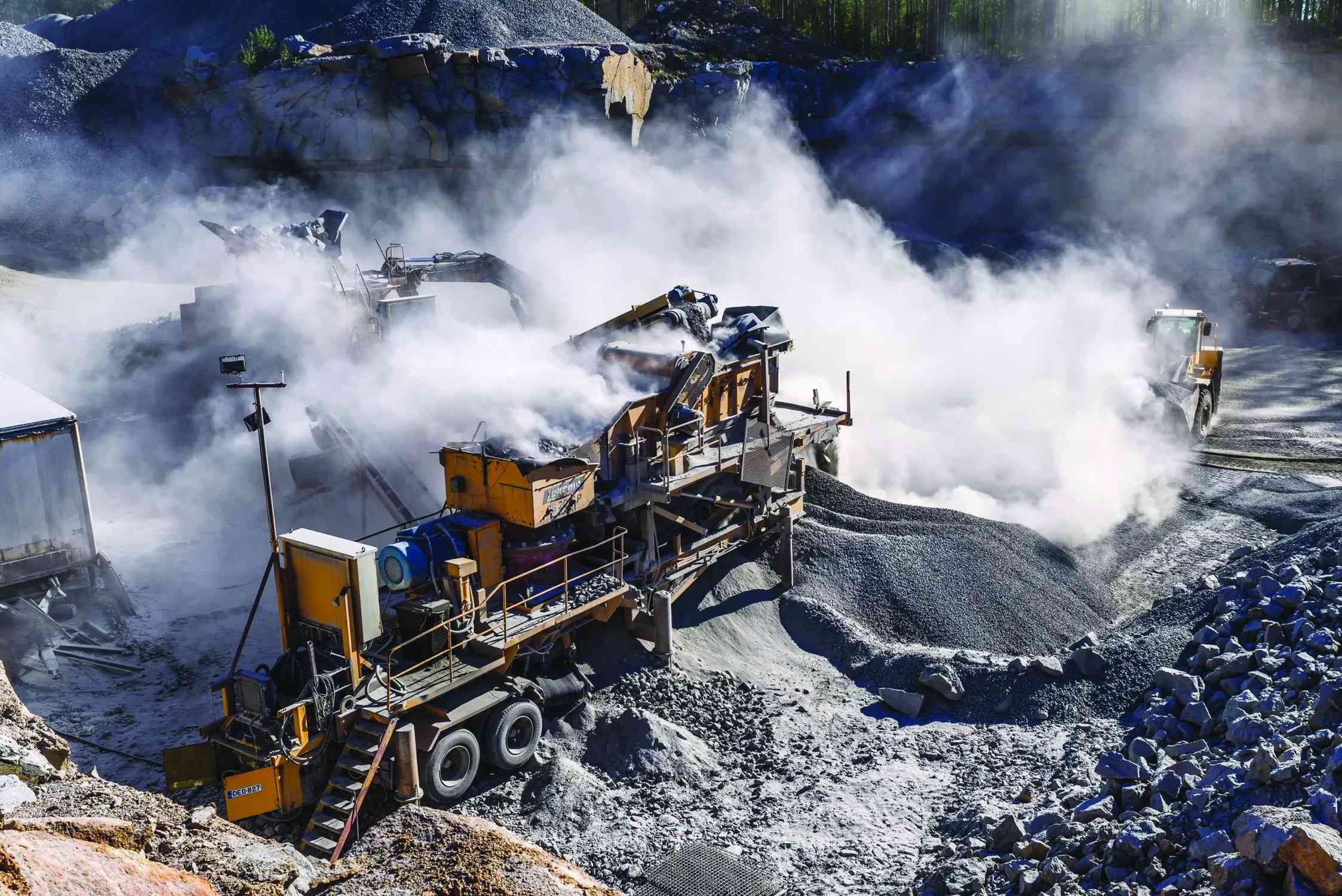
ZIMBABWE’S long-awaited Mines and Minerals Bill is under fresh scrutiny amid growing criticism from industry stakeholders, who say the proposed law is opaque, exclusionary, and risks entrenching corruption while stifling the growth of the mining sector.
Samson Dzingwe, president of the Zimbabwe Prospectors Union, this week accused authorities of crafting the bill — first introduced in 2015 — through a “secretive and segregative” process that favours foreign investors at the expense of small-scale miners, who face increasingly prohibitive fees.
“The reason why publishing of Mines and Minerals Bill appears like a rumour, it synonymously corroborates with the way the bill has been handled by authorities over the years since 2015,” he told the Zimbabwe Independent this week.
“The Mines and Minerals Bill has been treated secretively and sacredly, compromising on issues to do with transparency and accountability stretching from crafting and consultation on the bill.
“The bill has failed to pass over a decade because it is half baked and a pipedream as it lacks extensive and exhaustive consultation of all stakeholders concerned,” Dzingwe added.
The latest version of the bill, which includes controversial provisions around strategic minerals, overlapping claims, and the structure of the proposed oversight body, is expected to be gazetted soon.
Mines and Mining Development minister Winston Chitando confirmed at the Chamber of Mines Annual General Meeting last month that the government intended to publish the bill “within two weeks”.
But the prospectors’ union president said stakeholders were sceptical because the bill still lacked inclusivity and transparency.
- Endemic govt corruption at Hwange Colliery Company ...Van Hoog comes out guns blazing
- Parly summons Chitando over mining leases
- Minister lashes out at investors abusing workers
- Fortune seekers descend on Mberengwa in lithium rush... Police issue four-day ultimatum for miners to vacate the area
Keep Reading
One of the most contentious provisions allows miners to peg claims over existing properties or mining rights, provided compensation is paid, a move Dzingwe described as a violation of property rights.
He also criticised a clause requiring small-scale miners to pay up to US$100 million to access strategic minerals, arguing it effectively excludes local operators.
“The legislation on strategic minerals is restrictive and segregative as it aborts and extinguishes small-scale miners from exploitation of our strategic mineral resources while reserving it for foreign investors or rich people,” Dzingwe said.
He further slammed the proposed composition of the Mining Affairs Board, saying it grants the minister unchecked power to appoint members without clear meritocratic criteria.
“It creates clumsiness and sloppiness in the board, which compromises on competency of the board. There are a lot of human elements in that section," Dzingwe said.
He cited past experiences of double allocations, red tape, and bureaucratic inertia as signs of systemic dysfunction, warning that if left unaddressed, the bill could worsen the governance of Zimbabwe’s mining sector.
“If the bill remains not revisited and not revised, it will create a system inconsistent with double standards, bureaucratic and incompetent and retrogressive to the propagation of the mining industry,” he said.
The Mines and Minerals Bill was previously gazetted during the Ninth Parliament, but stalled due to constitutional inconsistencies and a lack of political consensus. In 2018, it reached President Emmerson Mnangagwa’s desk but was returned for further amendments amid concerns it concentrated too much power in the Ministry of Mines.
Mnangagwa has underscored the bill’s importance, listing it as a legislative priority during the opening of the 10th Parliament’s First Session.






